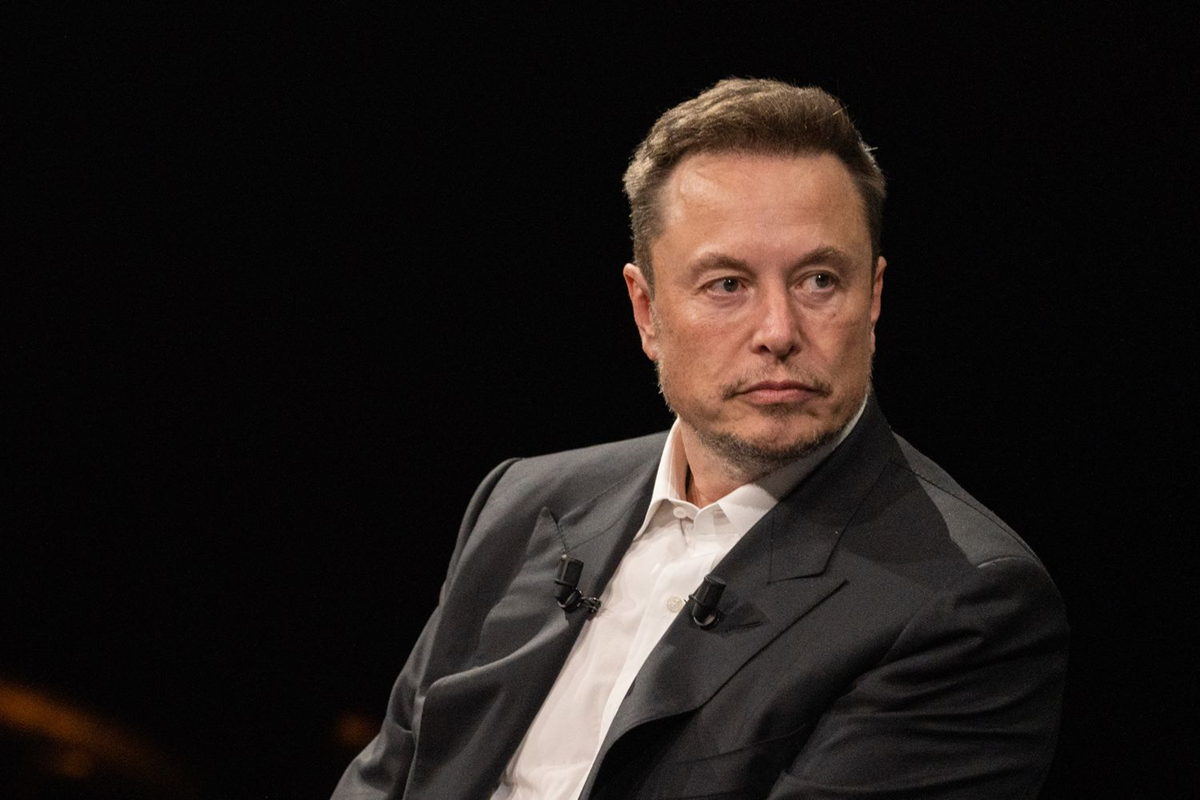The head of United States newly established federal agency DOGE, Elon Musk, is calling for the United States government to place Treasury transactions on the blockchain.
The American billionaire has been keeping the public informed about his discoveries via the Department of Government Efficiency (DOGE). In a recent post on X, he accused long-serving Department of Treasury officials of persistently violating the law.

According to Musk, these officials have been sanctioning fraudulent payments or transactions unrelated to Congressional funding regulations, highlighting a serious lack of oversight within the department. Notably, he demanded an immediate end to such practices, declaring, ‘This needs to stop now.’
Following these allegations, the newly confirmed Treasury Secretary, Scott Bessent, granted Musk and DOGE access to the Treasury Department’s system.
After Musk’s statement, well-known cryptocurrency advocate and founder of IBC Group, Mario Nawfal, posed a question to him, asking whether the government should implement blockchain technology for US Treasury transactions to resolve the issue.
In response, Musk simply tweeted, ‘Yes!’, endorsing the idea of leveraging blockchain technology to enhance transparency in Treasury-related transactions.
Since Donald Trump’s inauguration, Musk has been exploring avenues to help the federal government reduce expenditure through DOGE. A key aspect of this initiative may involve integrating blockchain technology into its operations.
Last week, Bloomberg, citing sources familiar with the matter, reported that Movement (MOVE) is among the primary blockchain solutions DOGE is considering for adoption. Although neither Musk nor Movement’s team confirmed the report, it resulted in a 12% surge in MOVE’s market value.
Additionally, Forbes reported that sources close to Musk revealed plans to utilise blockchain technology for the US Treasury. According to the report, this initiative aims to secure data, monitor federal expenditure, manage government assets, and facilitate payments.
However, these sources did not disclose which blockchains are under consideration. Nonetheless, industry analysts speculate that the agency might adopt an existing blockchain such as Bitcoin, Ethereum, or XRP Ledger. Alternatively, it could opt to develop a completely new blockchain from scratch, though this approach could prove costly and counterproductive to its mission of reducing federal expenses.


 Trending
Trending 